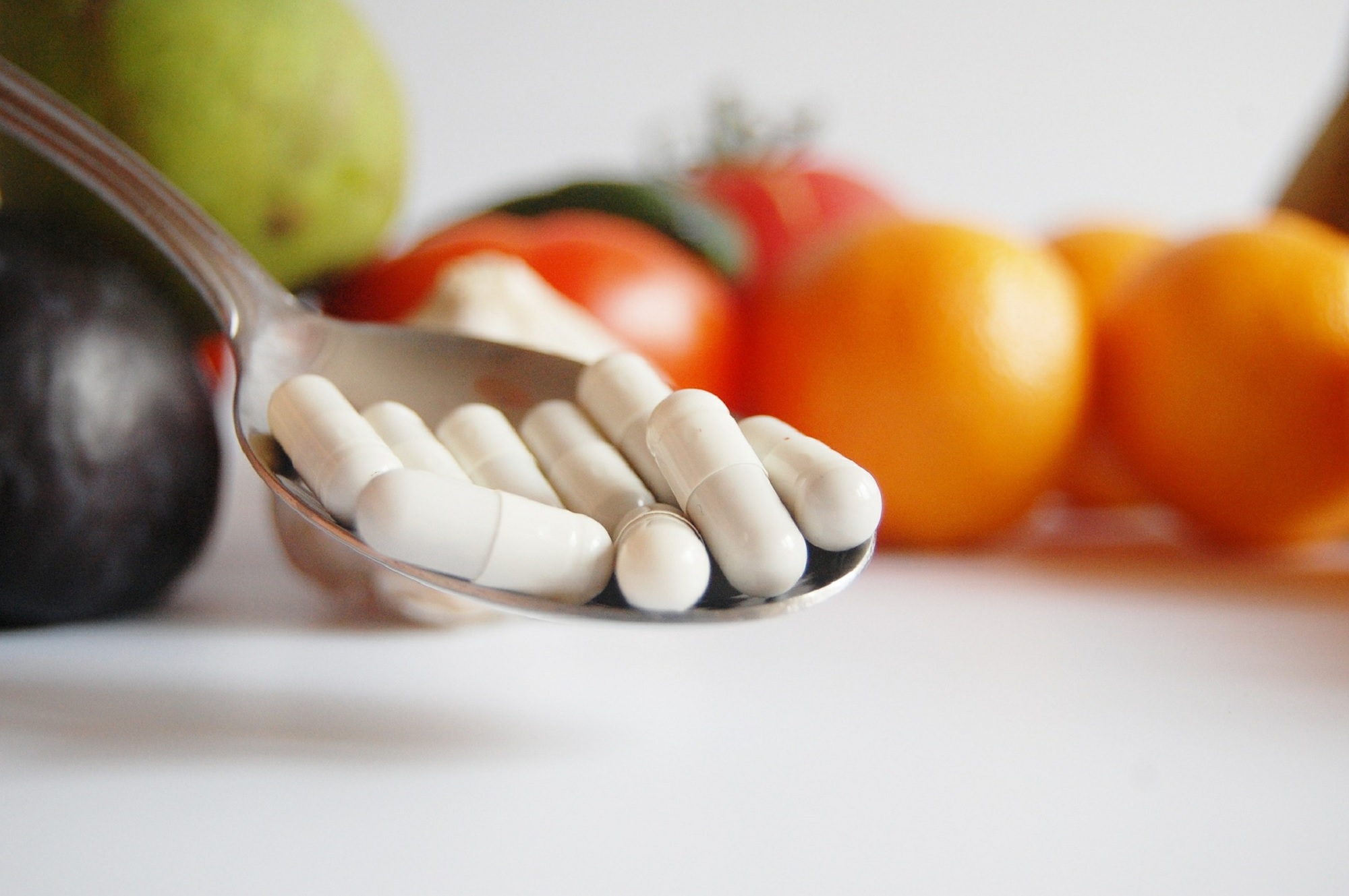Best Nutrients for Natural Immunity

You can’t make antibodies (even when vaccinated) if you are deficient in vitamin B5 or B6. When you are vaccinated against a disease or exposed to it, your body makes antibodies to fight it in the future-giving you complete or partial immunity, but only if these two nutrients are at adequate levels in the body at the time of exposure.
The B-complex Vitamins
The following B-complex vitamins are needed by the body to make infection-fighting antibodies, and also white blood cells-produced by the immune system to fight against germs and/or to prevent disease.
Vitamins B1 (thiamine), B2 (riboflavin), B3 (niacin), B5 (pantothenic acid), B6 (pyridoxine), biotin (B7), and folic acid (B9). Biotin and folic acid are more commonly referred to by name rather than by number.
Vitamin C
The B vitamins don’t work alone.
Vitamin C stimulates the production of antibodies as well as the white blood cells. It fights bacterial infections as well as those caused by viruses.
Vitamin A
Vitamin A is needed by the body to produce antibodies and white blood cells. This vitamin strengthens the mucous membranes, which is the inside lining of the entire body. The mucous membrane is not only a physical barrier against germs of all types, but it also secretes mucus to wash away germs and dead cells. Bacteria thrive on dead cells.
Protein
Antibodies and white blood cells are made from protein. They cannot be made without an adequate amount of complete protein in the body. Protein is made up of amino acids. Complete protein foods contain all of the amino acids needed for the body to form complete human protein. If some amino acids are lacking in the diet, the body can’t produce complete protein. Some foods already contain all of the essential amino acids, these foods include meat, fish, milk, cheese, yogurt, eggs, and wheat germ.
Complete protein can be formed in the body by combining plant foods with their incomplete protein; such as grains and beans (legumes), nuts (or seeds)and legumes, or grains and nuts (or seeds). Each of these plant foods contain some of the essential amino acids which when combined with each other can be made into complete proteins. The incomplete protein foods (legumes, grains, nuts or seeds) should be eaten within about 3 hours of each other or preferably in the same meal to enable the body to create complete protein from them. Also consider tofu and other meat substitutes.
Zinc
Zinc is antagonistic to cold germs and other viruses alike. It provides an unfriendly environment for those germs. It is also effective against bacterial infections-infections caused by bacteria.
Vitamin D
Vitamin D, and the minerals iron and selenium are important for a healthy immune system.
Vitamin D is regulatory. It helps control inflammation and plays a role in preventing an autoimmune response. Autoimmunity is a situation where the body attacks itself. Simply put, when the immune system attacks the brain, that’s called M.S. (multiple sclerosis), if it attacks the pancreas, that’s a form of diabetes, if it attacks the joints, that’s rheumatoid arthritis.
Iron
Iron is especially important for the production of lymphocytes-lymph cells that fight infections.
Selenium
Selenium helps to regulate the immune response. While inflammation is necessary to control the spread of germs within the body, excessive inflammation can lead to long-term health complications like those seen (in some people) after they were infected with the Covid-19 virus. Selenium helps to regulate the inflammatory response to infections.
Copper
While the mineral copper is important to immune function, a severe copper deficiency is rare unless you have a rare hereditary disorder, gastrointestinal disorder or another uncommon condition. A mild deficiency is better addressed by eating copper-rich foods. Liver is rich in copper and the richest known food source of copper.
Vitamin E
Vitamin E is important for the production and regulation of T cells-a type of lymphocyte which destroys infected cells. T-cells also protect us from cancer.
Required (essential) nutrients
All of the above nutrients are considered essential nutrients meaning that they are required for good health, and it also means that they are not made in the body. They are not present in the body unless they are consumed in some form, either from food or from supplementation. Supplementation is basically taking a vitamin or mineral supplement. Unless you have a hereditary or metabolic disorder, an adequate diet is always the safer option when it’s available to you.
Important Information. I am a clinical nutritionist and holistic health practitioner. I am not a medical doctor. This article is for informational purposes only and is not intended to be a substitute for proper medical care or treatments. Always consult with your medical doctor before making any changes to your diet, lifestyle, or fitness programs.


